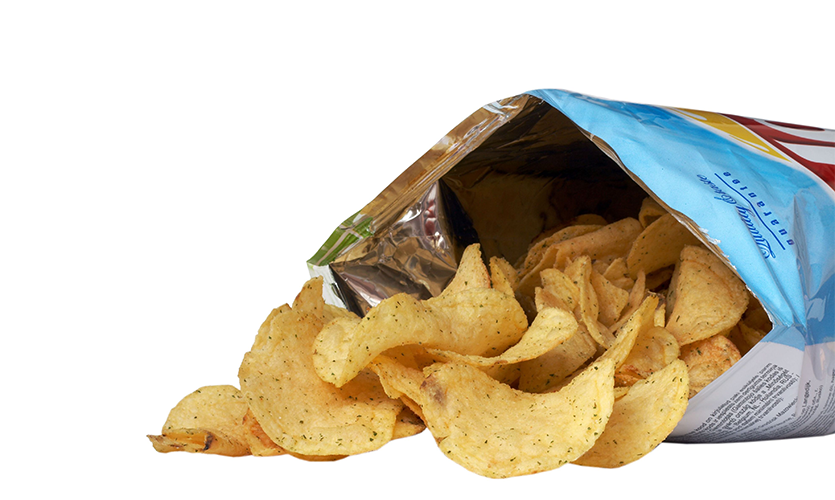Tenfold increase in childhood and adolescent obesity in four decades

The number of obese children and adolescents (aged 5 to 19 years) worldwide has risen tenfold in the past four decades, according to a new study led by Imperial College London and the World Health Organization (WHO), that involved research from the Liverpool John Moores University Physical Activity Exchange
The study was published in The Lancet ahead of World Obesity Day on 11th October. It analysed weight and height measurements from nearly 130 million people aged over five (31.5 million people aged 5 to 19, and 97.4 million aged 20 and older), the largest number of participants ever involved in an epidemiological study.
If current trends continue, more children and adolescents will be obese than moderately or severely underweight by 2022.
More than 1000 researchers contributed to the study, which looked at body mass index (BMI) and how obesity has changed worldwide from 1975 to 2016.
Data from the award-winning LJMU and Liverpool City Council SportsLinx study was included within the analysis.
Dr Lynne Boddy, Head of the Physical Activity Exchange, and one of the researchers commented:
“The huge rise in childhood obesity is a major, global public health issue, whilst the high levels of underweight children and adolescents identified remain deeply concerning. While access to healthy, nutritious foods is of the utmost importance, addressing high levels of physical inactivity and sedentary time are also key to improving the health and wellbeing of children globally. To tackle these issues evidence based, targeted interventions are needed urgently”.
The paper presents the first ever comprehensive data on underweight through to obesity for children and adolescents aged 5 to 19 years. It provides findings on changing obesity rates in this age group worldwide.
The LJMU Physical Activity Exchange is based at the world-leading Research Institute for Sport and Exercise Sciences (RISES) which celebrates its 20th anniversary this year and is the top UK institution for research quality in sport and exercise sciences.
The paper and the appendix can be viewed here


